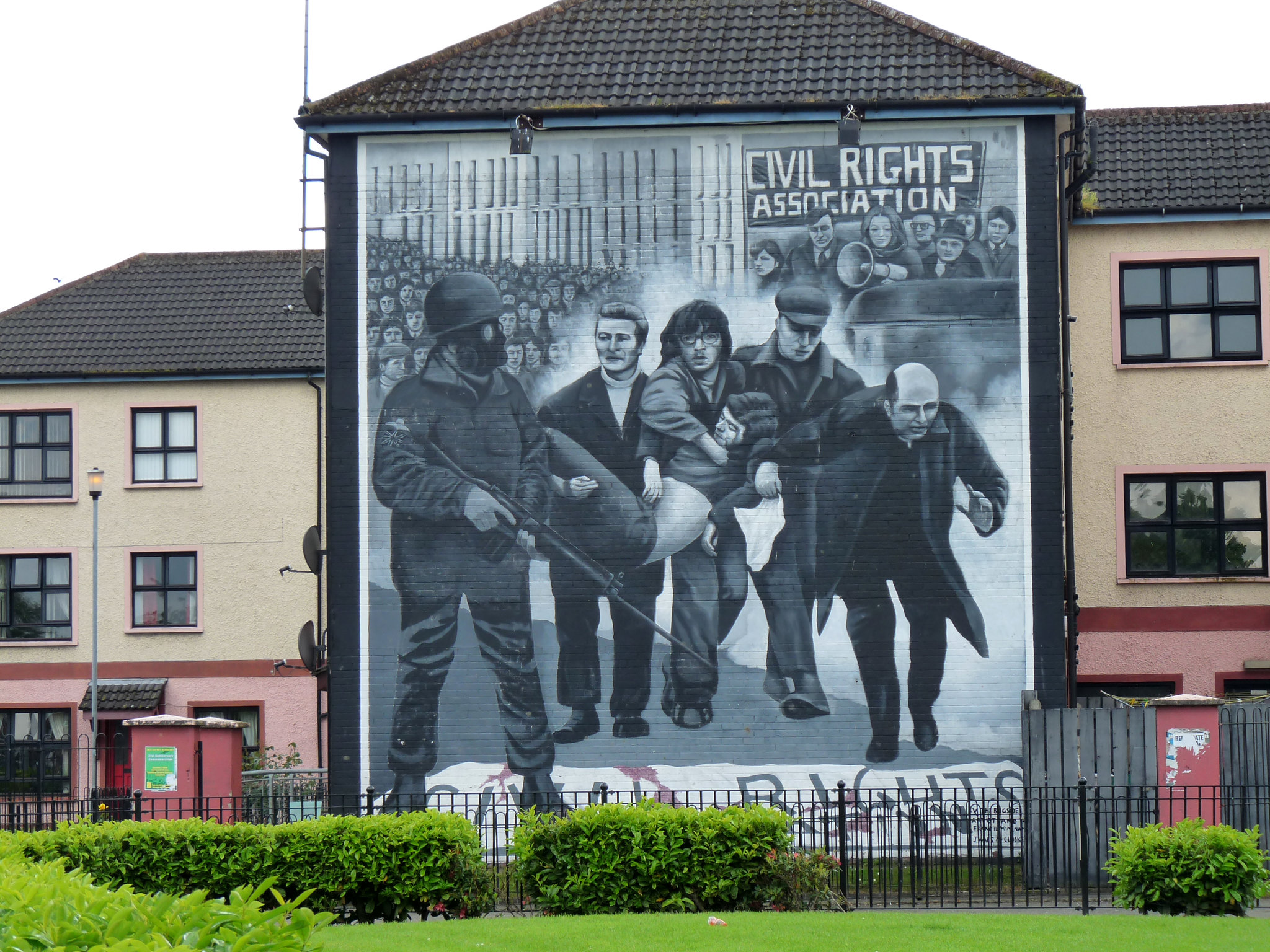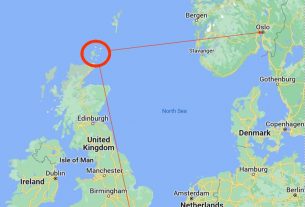Almost 50 years after the Bloody Sunday Massacre, the Northern Ireland Public Prosecution Service (PPS) has upheld its decision not to charge 15 veterans for the killing of 14 civilians. Prosecutors have cited insufficient evidence as to the reason for the decision. Families of those who died expressed deep disappointment vowing to continue their fight for justice.
On 30 January 1972, 13 civilians were killed by British troops with many others suffering injuries on one of the darkest days in the history of the conflict in Northern Ireland. Another civilian died later.
In March 2019, one soldier, referred to as Soldier F, was charged with killing William McKinney and James Wray and he stands accused of the attempted murders of Michael Quinn, Joe Mahon, Patrick O’Donnell, and Patrick Friel. The seventh charge against him relates to the killing of a person or persons unknown on Bloody Sunday.
When announcing that the decision not to prosecute 15 veterans who were part of the British Army present on that day, was upheld, the PPS senior assistant director, Marianne O’Kane, said that the charges against Soldier F would remain the same.
Addressing the families of the victims, Ms O’Kane said:
“I know that today’s outcome will cause further upset to those who have pursued a long and determined journey for justice over almost five decades.”
“I can only offer reassurance to all of the families and victims of Bloody Sunday, and the wider community, that my decisions were conducted wholly independently and impartially, and in accordance with the Code for Prosecutors.”
“The available evidence is insufficient to provide a reasonable prospect of conviction of any of the 15 soldiers who were the subjects of the reviews. Accordingly, the decisions not to prosecute these 15 individuals all stand.”
Bloody Sunday massacre – families likely to challenge the decision at Belfast High Court
After expressing deep dismay and disappointment, the families of the victims vowed to continue their search for justice. John Kelly, whose brother was shot dead told the Belfast Telegraph:
“We’re not giving up yet, we have now the next stage, the judicial review at the High Court.”
“It’s been a long road, up to nearly 50 years, we’re all getting old, a lot of people are dying but as long as we’re able to walk, we’ll go after them and we will not stop until we see justice for our loved ones. Every one of them should face the wrath of the law.”
Kate Nash, whose brother was also killed on Bloody Sunday said:
“The PPS have failed to consider the collective actions of the soldiers, and, instead, allowed each of them to act with impunity based on the fact they cannot be sure which one of the three fired the fatal shots. This is no excuse when all three acted as a joint enterprise in committing murder.”
Elaborating on her point, her solicitor, Darragh Mackin, told reporters at the press conference following the announcement in Derry:
“The concept of joint enterprise is a well-trodden path. Soldiers are not exempt from this legal principle and as such we have received formal instructions to challenge the decision by the PPS not to prosecute Soldiers J and P for the murder of our client’s brother in circumstances in which they acted in a joint enterprise.”
The families are now planning to seek a judicial review at Belfast High Court. Solicitor, Ciaran Shiels, whose law firm is representing many of the victims, said:
“Today’s decision by the PPS to uphold its original decision and to bring no further prosecutions is deeply disappointing for the families and wounded who are left with the firm conclusion that members of the Parachute Regiment have effectively gotten away with mass murder.
“They are left with no alternative now but to consider challenging these decisions in the High Court by way of judicial review proceedings.”




